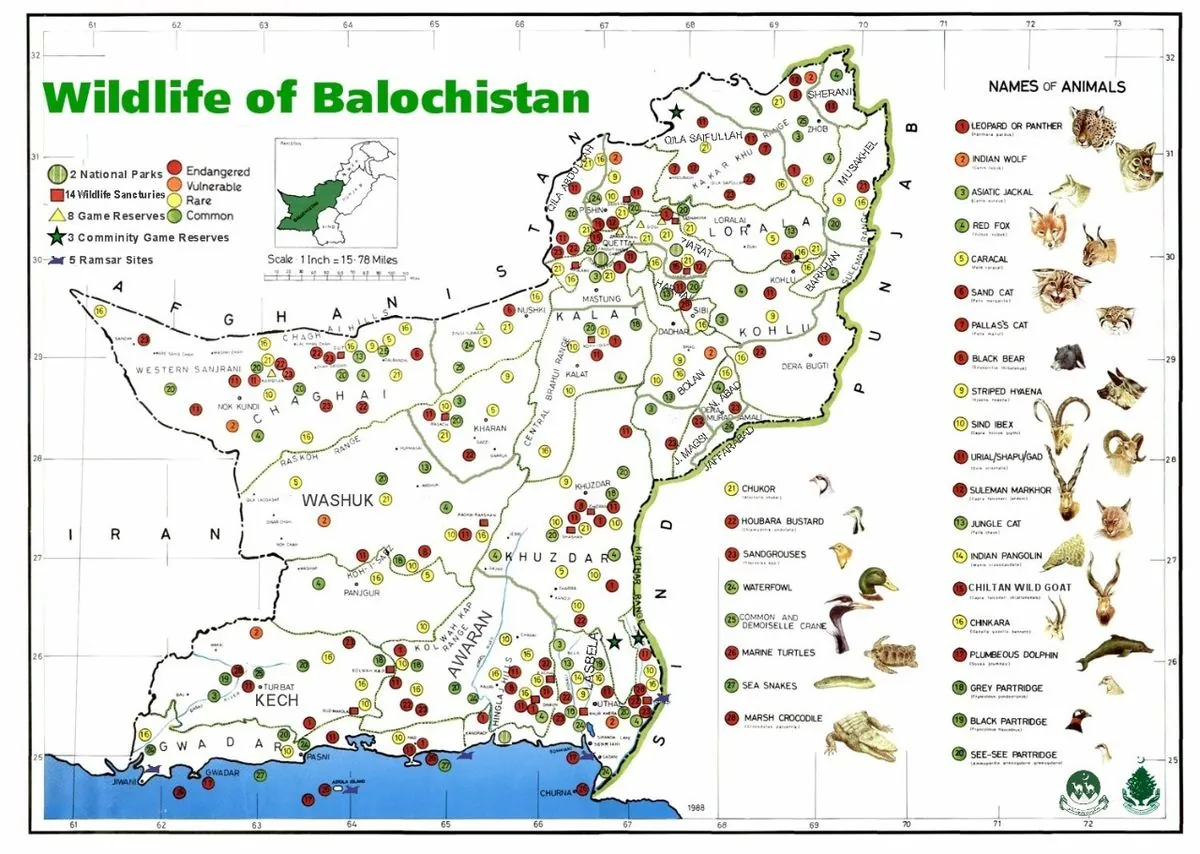Balochistan Attacks Target CPEC Projects, Says Pakistani PM
Separatist militants in Balochistan launched widespread attacks, killing over 70. PM Sharif claims the assaults aim to hinder China-Pakistan Economic Corridor development. China condemns attacks, vows continued support.

Recent attacks by separatist militants in Pakistan's southwestern province of Balochistan have resulted in over 70 fatalities, marking the most extensive assaults in years. Prime Minister Shehbaz Sharif has stated that these attacks are aimed at impeding development projects associated with the China-Pakistan Economic Corridor (CPEC).
In a televised address to his cabinet on August 27, 2023, Sharif asserted, "The terrorists want to stop CPEC and development projects." He further claimed that the militants seek to create discord between Islamabad and Beijing. The attacks, which began on August 25, 2023, have raised concerns about the security of CPEC projects in the region.
CPEC, a flagship initiative of China's Belt and Road Initiative, represents a significant investment in Pakistan's infrastructure and energy sectors. Launched in 2015, CPEC is expected to generate up to 700,000 jobs in Pakistan by 2030. The project, with development commitments reportedly worth $65 billion, aims to transform Pakistan's economy and strengthen its ties with China.
Balochistan, despite being Pakistan's largest province by land area, covering 347,190 square kilometers, remains its least developed. The province is rich in natural resources, including significant reserves of natural gas, coal, and minerals. However, it has struggled with poverty and underdevelopment, with the lowest literacy rate among all Pakistani provinces at around 41%.

China has condemned the attacks and pledged to maintain its support for Pakistan's counter-terrorism efforts. Lin Jian, a spokesperson for the Chinese foreign ministry, stated, "China is ready to further strengthen counter-terrorism security co-operation with the Pakistani side in order to jointly maintain regional peace and security."
The Balochistan Liberation Army (BLA), founded in 2000, has claimed responsibility for the recent attacks. The group stated that hundreds of its fighters, including seven suicide bombers, participated in the assaults on police stations, railway lines, and highways across the province.
"Our fighters, including seven suicide bombers, participated in the attacks on police stations, railway lines, and highways across Balochistan."
Chinese targets have previously been attacked by Baloch militant groups, who argue that they have been fighting for decades to secure a larger share of the region's mineral wealth. These groups claim that the central government has denied them their fair share of resources.
The ongoing conflict in Balochistan has roots dating back to Pakistan's independence in 1947, with multiple insurgencies occurring since then. The province's strategic importance has increased with the development of Gwadar Port, a key CPEC project that became operational in 2016. Located near the Strait of Hormuz, Gwadar Port holds significant potential for regional trade and energy transit.
As CPEC enters its second phase following the completion of initial infrastructure and energy projects in 2020, the security situation in Balochistan remains a critical concern for both Pakistan and China. The recent attacks underscore the challenges faced in balancing development goals with addressing long-standing grievances in the region.


































